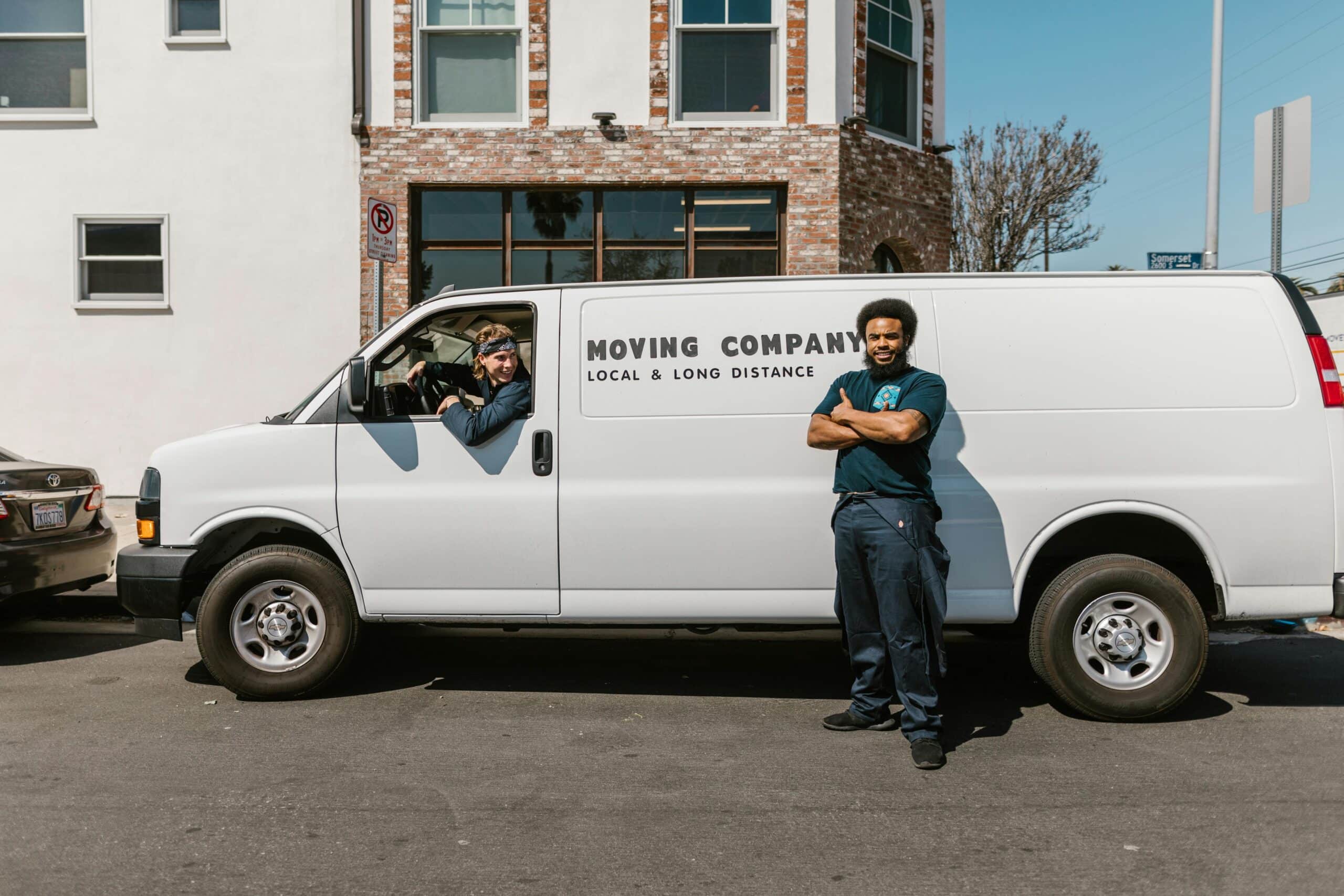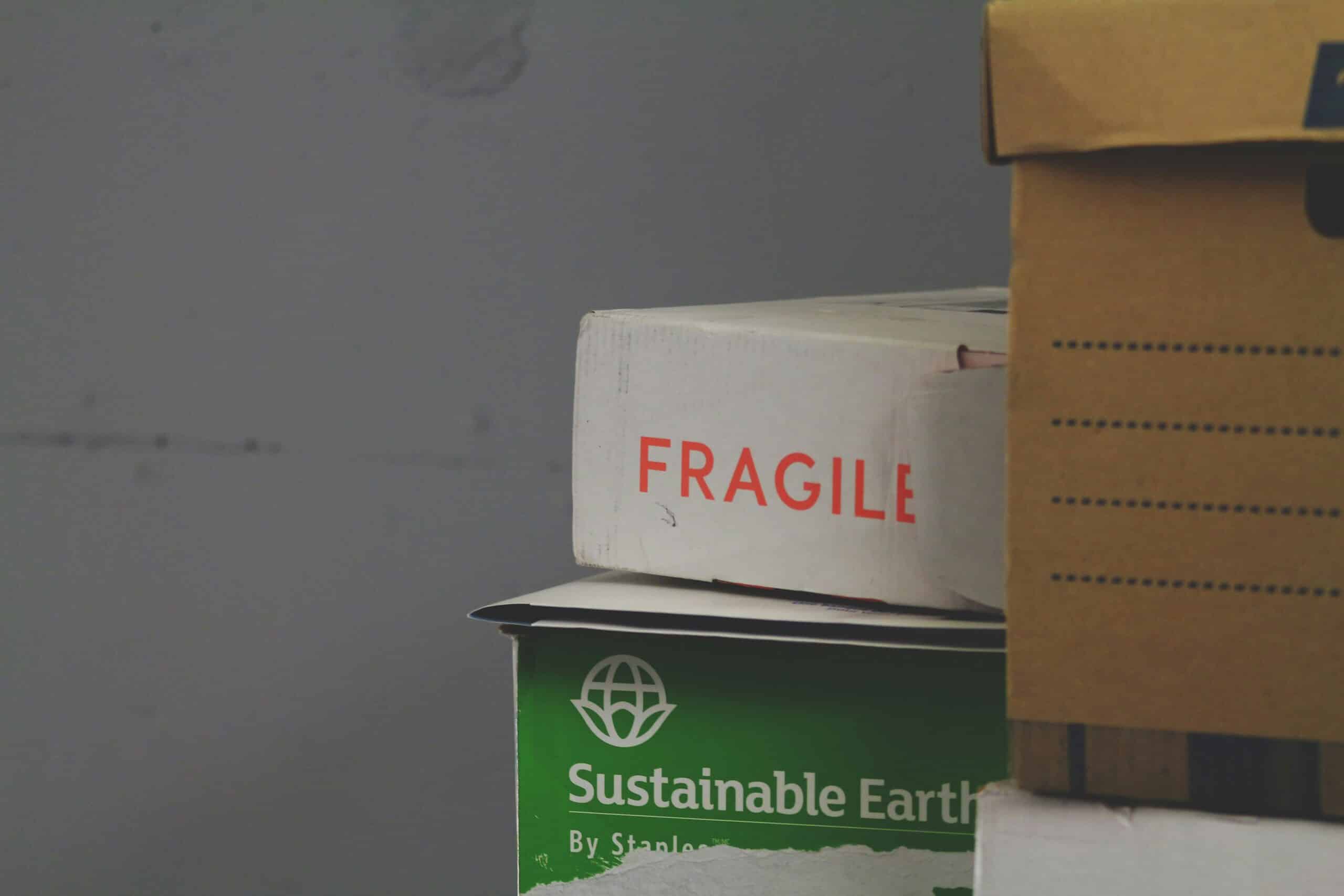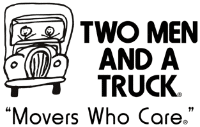Moving to a new home is stressful enough without falling victim to a scam. Every year, thousands of people lose money or belongings to unlicensed moving companies. In fact, the Federal Motor Carrier Safety Administration (FMCSA) receives over 4,000 complaints each year about moving fraud. In this article, we’ll discuss how you can protect yourself by understanding how licensed moving companies work.
Understanding Federal Moving Regulations for Licensed Moving Companies
When it comes to moving companies, federal regulations exist for one main reason: to protect consumers like you. These rules ensure that companies meet specific standards for safety, reliability, and financial responsibility.
Let’s look at the key aspects of these regulations that every consumer should know before hiring a mover.
FMCSA Registration: Your First Line of Defense
The Federal Motor Carrier Safety Administration is a government agency that oversees moving companies that operate between states. Any company that moves people’s belongings across state lines must register with the FMCSA—it’s the law.
Why is this registration so important? Because it means the company has met basic safety standards and carries proper insurance. Moving companies that don’t register are breaking the law and could face heavy fines. More importantly, using an unregistered mover puts your belongings at risk.
Decoding USDOT and MC Numbers
When you’re looking at moving companies, you’ll notice they have two important numbers: a USDOT number and an MC number.
The USDOT number is given to all companies that handle moves between states. You can look up this number on the FMCSA website to see the company’s safety record and insurance status. The MC number is another identification number that shows the company has permission to transport household goods across state lines.
Red Flags: Spotting Unlicensed Movers
Being able to identify potential scammers before they take advantage of you is an essential skill when planning a move. While legitimate moving companies follow clear professional standards, unlicensed operators often display certain telltale behaviors that can alert you to potential problems.
Unlicensed movers often give themselves away through their behavior. Watch out for these warning signs:
- They give estimates without seeing your belongings
- They only accept cash payments
- They don’t have a real business address
- They won’t provide their USDOT number when asked
- Their prices seem too good to be true
If a moving company shows any of these signs, it’s best to keep looking. Remember, saving a few dollars isn’t worth the risk of losing your belongings or being scammed.
Taking Action Against Unlicensed Movers
Knowing what to do when you encounter an unlicensed mover is just as important as being able to identify them. Whether you’re researching companies before a move or dealing with a problematic situation, there are specific steps you can take to protect yourself and others.
How to Research Before Hiring
The best defense against moving scams is thorough research before you commit to any company. Taking the time to verify a mover’s credentials can save you from significant headaches later. Before you trust a company with your belongings, do some homework:
- Look up their USDOT number on the FMCSA website
- Check if they’re licensed in your state (some states have extra requirements)
- Read customer reviews on multiple websites
- Ask for proof of insurance
- Get everything in writing
Reporting Illegal Operations
If you discover an unlicensed moving company or become a victim of moving fraud, you have several options for taking action. Reporting these companies is crucial not just for your own situation, but to protect future customers from falling victim to the same scam.
If you find an unlicensed mover or become a victim of moving fraud, don’t stay quiet. You can report them to:
- The FMCSA through their complaint system
- Your state’s consumer protection office
- The Better Business Bureau
- Local law enforcement
Keep copies of all paperwork, take photos of any damage, and write down the details of what happened. This information will help authorities investigate the company.
Best Practices for Protecting Yourself
Prevention is always better than dealing with problems after they occur. By following a few key practices when selecting and working with a moving company, you can significantly reduce your risk of encountering issues with your move.
Here’s a simple checklist to follow when hiring a mover:
- Verify their USDOT number on the FMCSA website
- Get at least three written estimates
- Read the contract carefully before signing
- Know your rights as a customer
- Make sure the company has insurance
- Keep important documents and valuable items with you during the move
Conclusion
Making an informed decision about your moving company is one of the most important steps in planning a successful relocation. Licensed moving companies have earned the right to transport your belongings by proving they follow safety rules and carry proper insurance. While checking licenses might seem like extra work, it’s much better than dealing with a scammer who might disappear with your belongings.
Remember: if a moving company can’t or won’t show you their license numbers, that’s a huge red flag. Take your time to find a properly licensed mover—your peace of mind is worth it.









